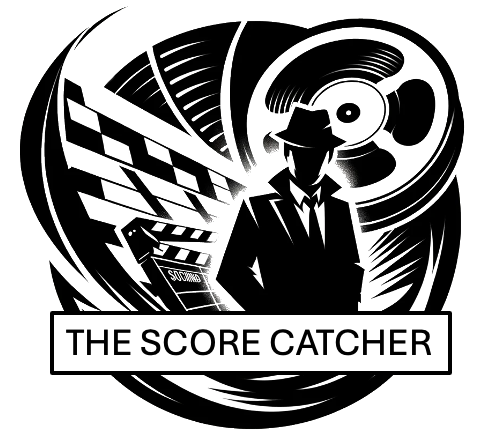Thursday, Great Movies, 9:00pm
Ron Howard’s The Da Vinci Code (2006) is the kind of film that makes history buffs and conspiracy theorists alike salivate. Based on Dan Brown’s novel, the film follows symbologist Robert Langdon (Tom Hanks, sporting a divisive haircut) as he races through Paris and beyond, attempting to unravel a centuries-old mystery hidden within the works of Leonardo da Vinci. Alongside him is cryptologist Sophie Neveu (Audrey Tautou), dodging the murderous monk Silas (Paul Bettany) and the ever-watchful eyes of Sir Ian McKellen’s scene-stealing Leigh Teabing. The result? A globe-trotting, secret society-infused, Vatican-irritating mystery-thriller.

Enter Hans Zimmer. The maestro behind Gladiator and The Dark Knight composes a score that is as weighty as the subject matter itself. Zimmer leans into an ecclesiastical, choral-driven sound, giving us a mixture of haunting vocal work, swelling strings, and his signature booming orchestration. The standout track, Chevaliers de Sangreal, is pure cinematic grandeur—an ascending, awe-inspiring piece that practically drips with the feeling of long-buried secrets coming to light. Elsewhere, Zimmer crafts tension with eerie, atmospheric undertones, ensuring that even moments of quiet feel drenched in suspense.
Though The Da Vinci Code divided critics—some finding it a thrilling puzzle, others a two-and-a-half-hour history lecture—the score was universally praised, even earning a Golden Globe nomination. For soundtrack collectors, the official release is worth seeking out, especially if you can find the extended versions that include the complete orchestral compositions. Much like the film itself, the soundtrack is a fascinating experience: dark, dramatic, and best listened to with a glass of red wine while pretending to decipher ancient symbols.
